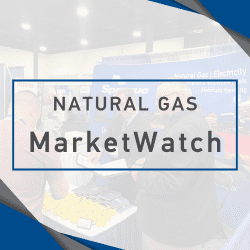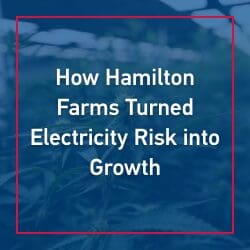Recap: The oil market continued to trend higher on Thursday as the market remained concerned that a widening conflict in the Middle East could pose a threat to global oil supply. The crude market initially looked ready to post an inside trading day as the market awaits the Israeli response to the Iranian missile strike against Israel on Tuesday. Israel, which has mounted a deadly campaign against Hezbollah in recent weeks, has promised a forceful retaliation. The market posted a low of $70.52 in overnight trading before it bounced off that level and rallied higher. The oil market extended its gains to over $3.85 as it posted a high of $73.95 after U.S. President Joe Biden suggested that U.S. officials are considering whether to support an Israeli strike on Iranian oil facilities, a move that could push oil prices higher weeks ahead of the U.S. presidential election. The market later erased some of its sharp gains and traded in a sideways trading range ahead of the close. The November WTI contract settled up $3.61 at $73.71 and posted a new high of $73.99 in the post settlement period. The December Brent contract settled up $3.72 at $77.62. The product markets also surged higher, with the heating oil market settling up 11.26 cents at $2.2947 and the RB market settling up 10.67 cents at $2.0926.
Technical Analysis: The crude market will remain headline driven as the market continues to await the Israeli response to Iran’s missile attack against Israel earlier in the week. While the market was well supported on Thursday by the prospect that Israel would attack Iran’s oil installations, it is more likely that Iran’s refineries may be targeted rather than its oil production, transport or export facilities that would cause a disruption in the global oil supply. The crude market is seen finding resistance at its high of $73.99 followed by $75.31, $75.51, $76.21, $76.40, $77.31 and $77.45. Meanwhile, support is seen at $72.95, $72.60, $71.06, $70.52, $70.16, $69.87, $69.26 followed by $68.55, $67.62 and $66.33.
Fundamental News: Gulf Arab states sought to reassure Iran of their neutrality in the conflict between Israel and Iran in meetings in Doha this week on the back of concerns that a wider escalation in violence could threaten their oil facilities, two sources told Reuters. Sources stated that ministers from Gulf Arab states and Iran attending a meeting of Asian nations centered their conversations around de-escalation. On Wednesday, Axios, citing Israeli officials, reported that Israel could target oil production facilities inside Iran as retaliation. Iranian President Masoud Pezeshkian, said Iran would be ready to respond and warned against “silence” in the face of Israel’s “warmongering”.
Analysts estimate that OPEC has enough spare oil capacity to compensate for a full loss of Iranian supply if Israel knocks out that country’s facilities. However, the producer group would struggle if Iran retaliates by hitting its Gulf neighbors’ oil installations.
According to a Reuters survey, OPEC’s oil output fell in September to its lowest this year, as unrest disrupted Libyan supply and Iraq made progress in complying with its cutbacks pledged to the OPEC+ alliance. OPEC produced 26.14 million bpd in September, down 390,000 bpd from August’s revised total, with Libya accounting for the majority of the fall, with a cut of 300,000 bpd. Aside from Libya, which is exempt from OPEC+ agreements to limit production, the biggest decline came from Iraq, which is seeking to increase its compliance with its OPEC target. Iraq is still producing 90,000 bpd above quota. Nigeria pumped 40,000 bpd less oil as exports declined. OPEC pumped about 130,000 bpd more than the implied target for the nine members covered by supply cut agreements, with Iraq still accounting for the bulk of the excess.
Libya’s National Oil Corp lifted a force majeure at all Libyan oilfields and terminals as of Thursday October 3rd. Separately, Libya’s eastern-based government said that oilfields and facilities would reopen after a dispute over the leadership of the central bank was resolved, potentially ending a crisis that has cut the country’s oil output.
Early Market Call – as of 8:15 AM EDT
WTI – Nov $74.17, up 46 cents
RBOB – Nov $2.1052, up 1.26 cents
HO – Nov $2.3164, up 2.17 cents










